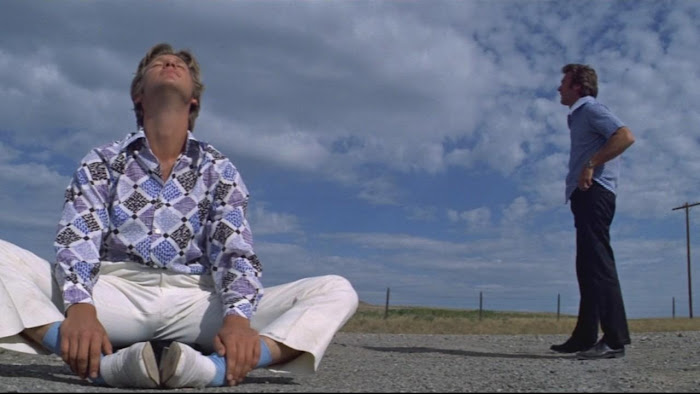The elderly make up "the lion's share of patients for certain health conditions" and the majority of patients for many conditions that need medications. At the same time, clinical trials in adult populations usually include patients ranging from the age of 18 to only 64. Due to the arbitrary upper age limits, elderly patients are often not represented in clinical trials resulting in little knowledge about their responses to medications. In fact, up to 35% of published trials exclude older people (Shency & Harugeri, 2015)
Although persons aged ≥65 years represent only about 13% of the population, they consume nearly one-third of all medications. (Shency & Harugeri, 2015)
Further research indicates that older adults carry 60% of the national disease burden but represent only 32% of patients in phase II and III clinical trials. (Herrera et al., 2010)
Age-related changes do have an impact on how an organism responds to pharmacological interventions. These changes can, for instance, be related to hepatic and renal functions (which affect e.g. the absorption and excretion of the drugs), the decrease of gastric acid secretion with ageing,, slowing of gastric emptying, diminished gastrointestinal blood flow, the decrease in albuin (which increases concentrations of many drugs), decrease in body water, increased sensitivity to antipsychotic drugs (due to an increase in monoamine oxidase activity), brain atrophy, reduction in cerebral blood flow, loss of cholinergic neurons (hence more sensitivity to drugs that have anticholinergic effects), impaired metabolism etc. (Shency & Harugeri, 2015).
Hence, age-dependent decrease in total clearance is expected for drugs that are eliminated by kidneys. The use of standard doses of these drugs may result in increased plasma concentration and increased risk of adverse drug reactions in elderly.
It has been found that the elderly are underrepresented in cancer clinical trials, more pronounced in trials for early-stage cancers than in trials for late-stage cancers.
In USA, though the elderly aged ≥65 years account for 61% of all new cancer cases and 70% of all cancer deaths, in the clinical trials active between 1993 and 1996, the elderly comprised only 25% of oncology trial participants.[11] A study audited 226 clinical research proposals recording exclusion of patients based on an arbitrary upper age limit and found that significant proportion (13.7%) of clinical trials excluded patients based arbitrarily on an upper age limit.[12] However, none (9.8%) of the trials submitted by geriatricians excluded patients based solely on age. The mean upper age limit used over all trials as a cut-off was 69.2 years. Over 50% trials submitted by neurology/psychiatry excluded patients based on an upper age limit.[12]
Although elderly patients represent the majority of the heart failure (HF) population, and have a worse prognosis compared to younger cohort commonly included in trials, targeted treatment strategies have been insufficiently developed for them. (...)
A 7 years review of elderly patients’ enrollment in cancer drug registrations by U.S. Food and Drug Administration (USFDA) found statistically significant under-representation of the elderly.[16] (Shency & Harugeri, 2015)
Not only are older people underrepresented when it comes to cancer, cardiovascular disease or epilepsy but, most absurdly, clinical trial participation of older people is also ridiculously low in research on Alzheimer's disease, arthritis and incontinence (Herrera et al., 2010).
- - - - - - - - - - - - -
- Herrera, A. P., Snipes, S. A., King, D. W., Torres-Vigil, I., goldberg, D. S. & Weinberg, A. D. (2010). Disparate Inclusion of Older Adults in Clinical Trials: Priorities and Opportunities for Policy and Practice Change. American Journal of Public Health, 100(1), 105-112.
- Shency, P. & Harugeri, A. (2015). Elderly patients' participation in clinical trials. Perspectives in Clinical Research, 6(4), 184-189, link
- photograph by Diane Arbus via



































